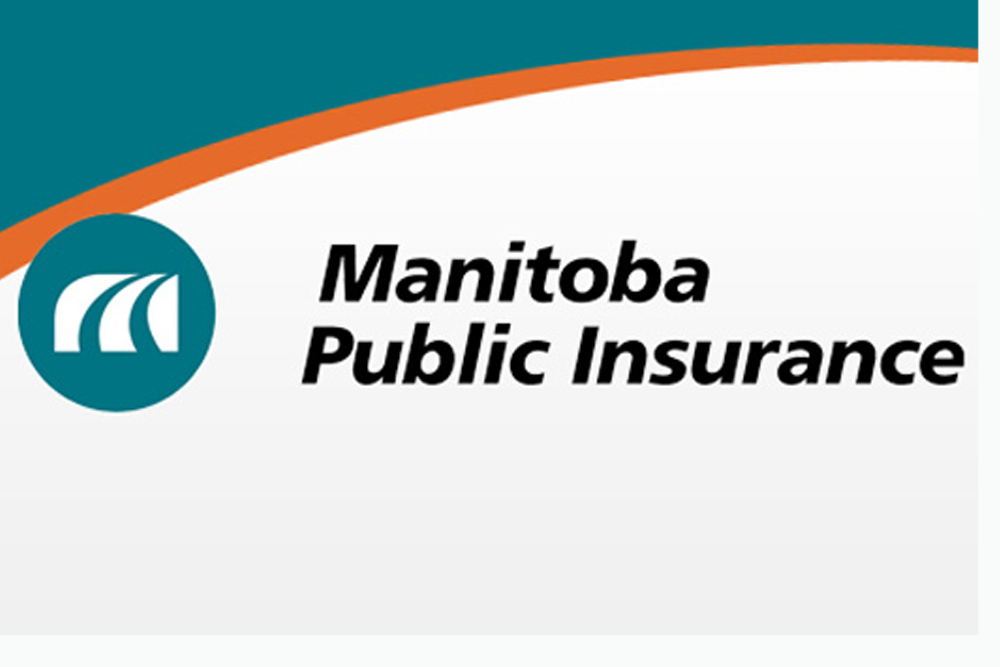Two recent Public Utilities Board (PUB) orders led Manitoba Public Insurance (MPI), Manitoba’s monopoly public sector automobile insurer, being put under a form of direct government control. Minister Responsible for MPI Kelvin Goertzen has ordered an external organizational review of MPI, it to begin immediately and conclude December 31, 2023. Also, a MLA member of the PC government has been appointed to join MPI’s board. (The political risks for a government approaching an election is high, particularly when a large monopoly such as MPI is under stress.)
The PUB, PC government, and the opposition parties should have had significant concerns about MPI’s major project, Project Nova, long before now. Project Nova is a program that could impact both MPI’s finances and its policyholders negatively. Initially, a then-newly MPI President and CEO, Benjamin Graham, initiated a major project to replace MPI’s CARS (claims) and AOL (Autopac On Line) programs. The project was first forecasted to cost $85.4 million, with an addition up to $21.4 million if necessary. The expenditure was first to be deferred in MPI’s balance sheet. Future savings from the project were expected to be more than enough to cover a full amortization of the expensed deferrals.
But, as Project Nova was just getting going, Benjamin Graham, who had been hired just two years before, left MPI in 2020 for Manitoba Blue Cross. Eric Herbelin, the replacement for Graham, continued and expanded Project Nova. Two years later, the newest estimate for the project’s full costs have soared – from the initial $85.4 to $116.8 million to a new range of between $257 million to $296 million. The ‘now’ much higher cost estimate suggest that any future savings or additional revenue would not cover the anticipated costs then deferred.
After Graham left the project widened, MPI now has 400 or so new employees associated with the project, 144 considered as consultants. And, Project Nova has funded the services of PWC and McKinsey, outside consulting firms.
The initial ‘green light’ for Project Nova came in part because the project was expected to reduce MPI’s brokers’ commissions, with a more direct connection between MPI and automobile owners. But, the terms of a new agreement ‘brokered’ by a government-named arbitrator and the Insurance Brokers Association in late November 2020 were different from previously expected by MPI.
MPI signed a renewed contract with the Insurance Brokers Association of Manitoba – it provides their 300 broker agencies with commissions and fees on direct transactions between MPI and motorists. This arbitrated-forced agreement, which came into force in April, 2021, compensates brokers even when MPI’s customers bypass them directly in MPI’s developing online system (though commissions to brokers from direct motorist-MPI transactions are less).
Unsurprisingly, with a government automobile insurance monopoly, MPI’s history is marked by politics. Government set out the coverages and the benefits offered. Government controls MPI’s investments and the composition of the board of directors. Whether the PC or NDP is in power, MPI negotiate with the brokers with its ‘hands tied behind its back’. Unless MPI further reduces overall broker commissions and find other cost savings within, MPI will take a large loss from Project Nova.
Perhaps, the government should bail out MPI by stopping taking MPI’s ‘profits’ going to government from non-Basic operations. And, is it not time to return MPI’s driver licensing functions back to government where they belong?
Graham Lane, a retired CPA/CA, had a forty year plus career as an executive in both private and public operations, including a successful stint 35 years ago implementing a major reorganization as MPI’s Acting President and CEO. He is on the Frontier Centre’s Expert Advisory Panel.



